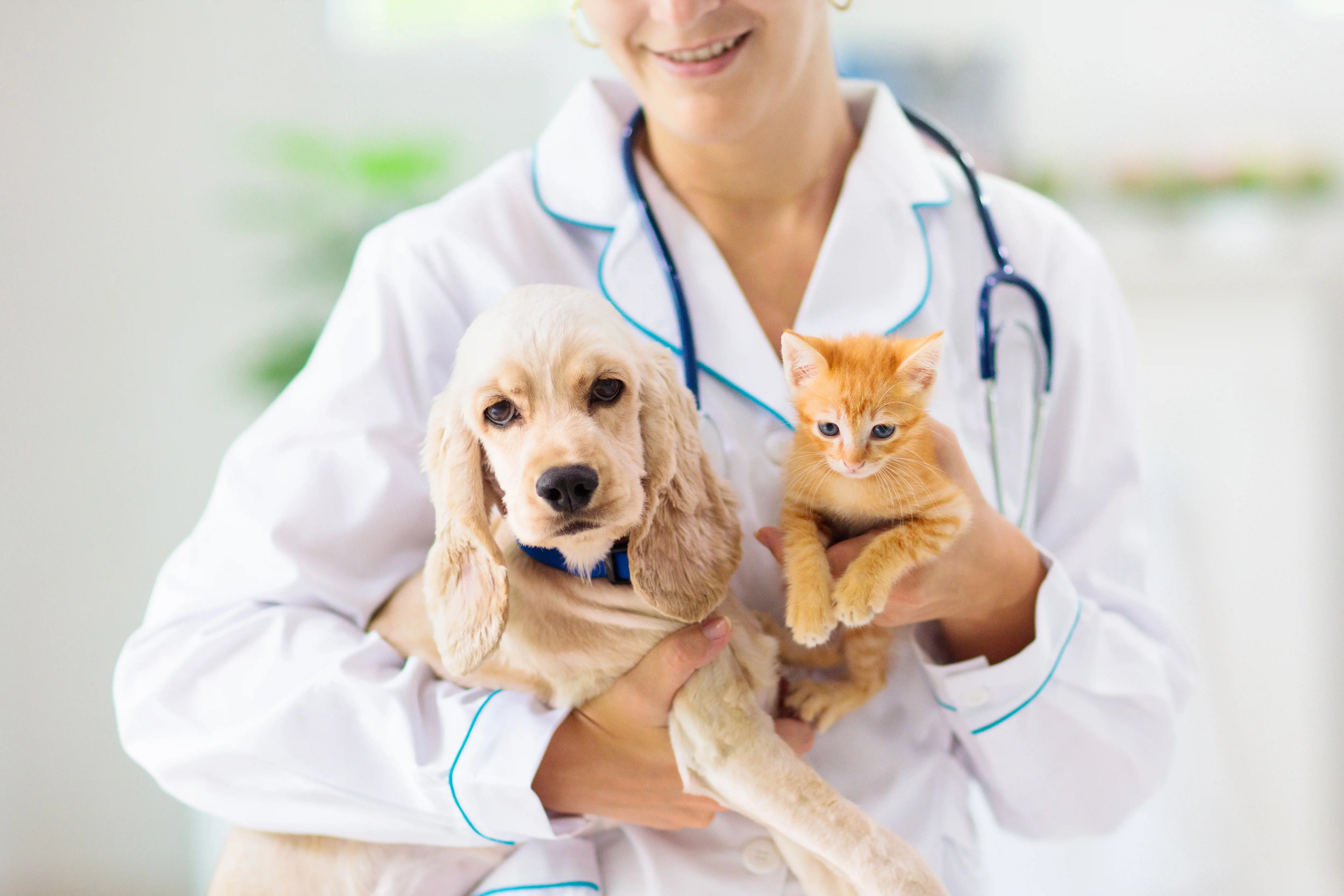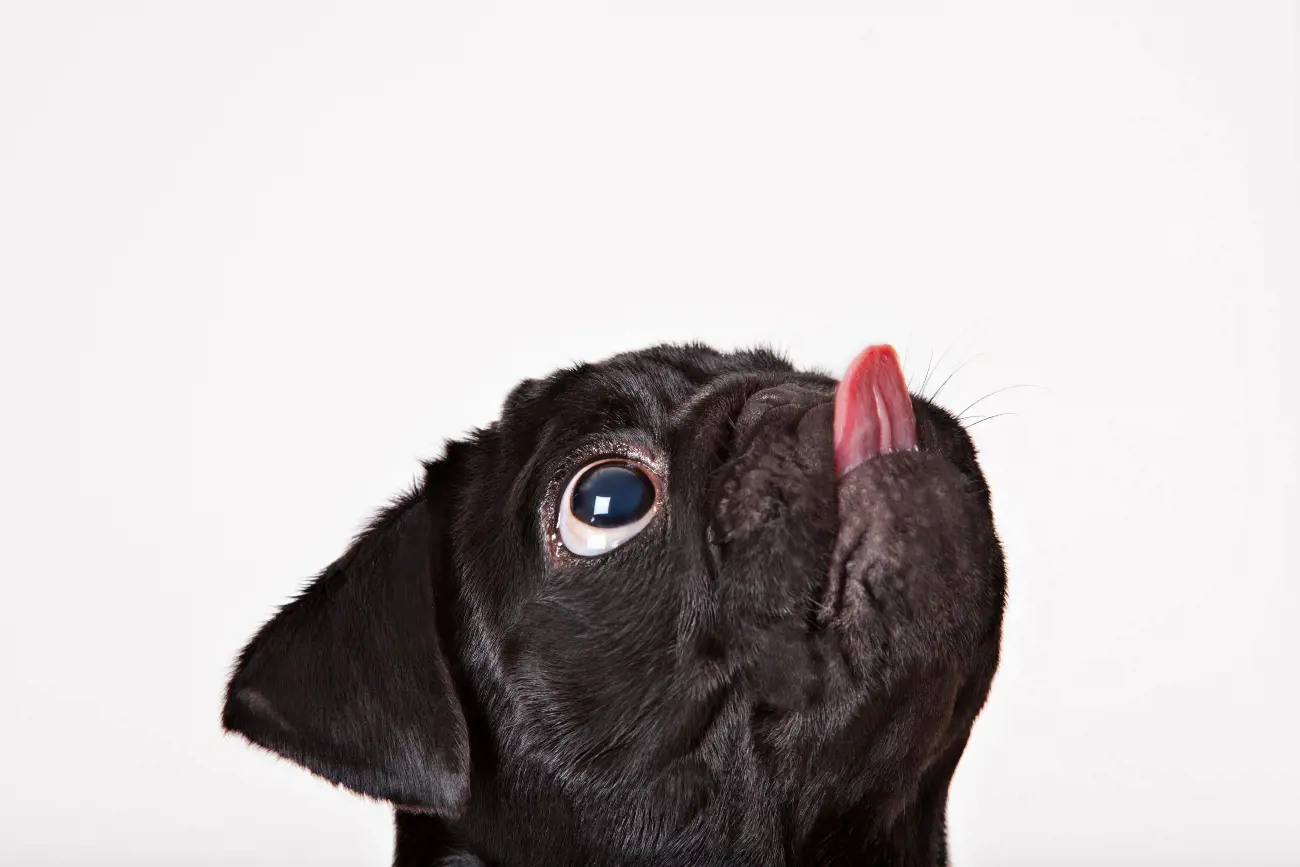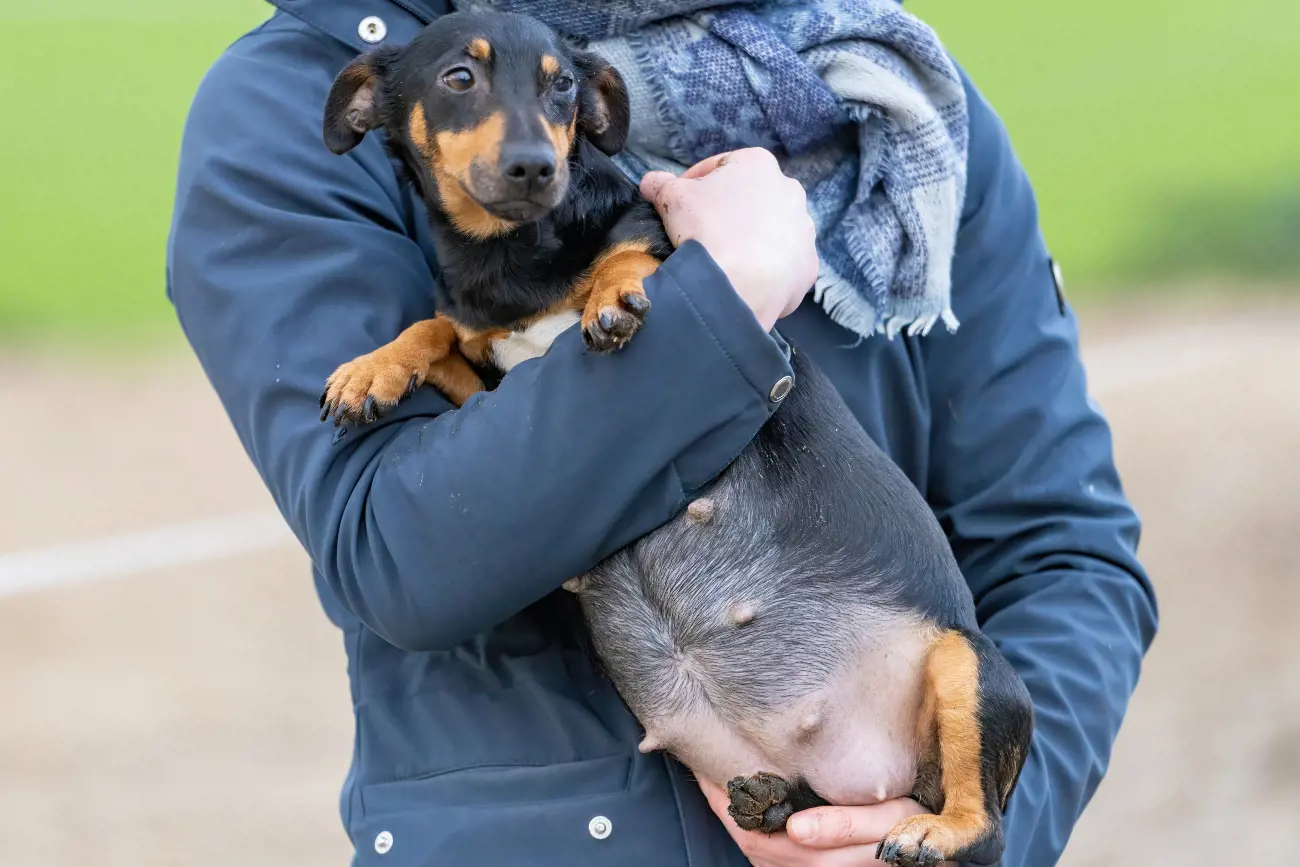Pet Cancer Awareness Month
11th October, 2023

Cancer is an illness that touches many pet parents’ lives. Half of us will develop cancer during our lifetime and around 1000 new cases are diagnosed every day in human medicine. But its not just humans that get cancer, many pet parents will also face the anguish of a cancer diagnosis for a beloved companion.
Approximately 1 in 4 dogs and 1 in 5 cats will develop cancer at some time in their lives. This figure rises to 50% in dogs over 10 years old. Cancer is a serious illness in pets, it’s the leading cause of death in adult dogs.
What is cancer?
Cancer happens when cells somewhere in the body begin to grow uncontrollably. Cancer may start in one organ or one part of the body but spread to other areas or organs over time. This is called ‘metastasis’ and it makes the cancer much harder to control.
But the good news is that there are treatments available to help both animal and human patients. Depending on the type of cancer, this may mean stopping it in its tracks for a time (remission) or helping to ease the symptoms for as long as possible.
Who gets cancer?
Sadly, pets of any age, size or breed can get cancer. But there are some higher risk factors as well. These include:
Age - undoubtedly the biggest risk factor for cancer.
Breed - different breeds may have a higher risk for certain types of cancer.
Higher risk dog breeds include:
-
Boxers
-
Beagles
-
Golden Retrievers
-
Labradors
-
Rottweilers
-
Flat coated retrievers
-
German Shepherds
-
Great Danes
Breeds slightly less likely to get cancer include:
-
Chihuahua
-
French Bulldogs
-
Shih Tzus
-
Dachshunds
-
Pomeranians
Higher risk cat breeds:
-
Persian
-
Bengal
-
Siamese
-
Lower Risk cats:
Mixed breed pets have a lower risk for all illnesses, including cancer.
Obesity - Cancer is one of the many health problems associated with obesity.
Sex - Female dogs develop mammary tumour, which are among the most common form of cancer in pets. Unneutered females have the greatest risk of mammary tumours.
Environmental factors:
-
Prolonged exposure to strong sunlight Ultraviolet (UV) radiation
-
Passive smoking - Living with owners who smoke indoors
-
Air and water pollution
-
Strong agricultural chemicals and pesticides
Infectious illnesses - Infectious diseases rarely cause cancer directly. However, Feline leukaemia virus (FeLV and Feline Immunodeficiency virus (FIV) both trigger changes in cat’s bodies which can result in cancer.
Canine transmissible venereal tumour is a rare infectious cause of cancer in dogs. It’s spread between dogs during mating.
Cancer won't spread directly to other pets or humans in the house.
What sorts of cancer do pets get?
Just like humans, pets can have different types of cancer. This includes cancers of the blood, skin, stomach, bones, mammary glands, and brain. Lymphoma is one of the common cancers in pets, accounting for around 20% of diagnoses in dogs and 30% for cats. Pets are 2-3 times more likely to develop lymphoma than humans. Lymphoma is a cancer of the body’s lymphatic system (meaning the body’s drainage system and defence cells). Rottweilers, Dobermans. Boxers and Golden retrievers seem to have the greatest risk among dogs. Asian breeds of cats may have increased risk and cats with Feline Leukaemia virus or Feline Immunodeficiency virus can develop lymphoma.
What are the warning signs of cancer in pets?
Finding cancer early is the best way to get the best possible outcome for your pet. You know your fur baby better than anyone! Always be on the lookout for any changes in them or in their habits, especially as they enter their senior years.
Warning signs may include:
-
Lumps or bumps under the skin
-
Changes in tummy shape
-
Sudden weight loss without deliberate dieting
-
Changes in appetite
-
Vomiting and diarrhoea
-
Unexplained coughs
-
Not wanting to play or exercise
-
Severe lameness or pain
-
Changes in behaviour
-
Seizures
Many of these symptoms can be caused by other illnesses, so try not to worry if you find a lump or your fur baby is vomiting. The chances are it will be caused by something straightforward, but always call a vet or visit your local practice for advice.
How will the vet find out if my pet has cancer?
Your vet will examine your pet and find out from you as much as they can about any changes you’ve noticed. Then they may conduct additional tests:
-
Blood tests
-
Imaging, like x-rays, CT scan, ultrasound, or MRI to look inside the body
-
Biopsy- to check if a lump contains tumour cells
Can cancer be treated?
Finding out your pet has cancer can be devastating, it’s important to talk through everything with your vet and your family before deciding on any treatment.
Depending on the pet and the cancer, treatment options are similar to humans and include:
-
Chemotherapy
-
Radiation Treatments
-
Surgery- Possible followed by chemotherapy or radiation treatments
Cryotherapy
-
Immunotherapy with special cancer ‘vaccines’
Your vet or cancer specialist may suggest one or more of these treatment options for your pet’s cancer.
Treating cancer can be costly, both financially and in terms of commitment. Before starting treatment, we need to consider what’s involved for your pet and your family. Things like:
-
How much treatment will cost (realistically)
-
Repeated visits to the clinic for ongoing treatment and monitoring
-
Potential uncertain outcomes- how well your pet responds and for how long
-
Side effects of treatments and other illnesses, especially in older pets
There are many safe and well tolerated treatments for cancer for pets. Some of which can offer months or even years of symptom control and quality of life. But starting treatment has to be the right choice for your pet and for you.
-
Will your pet be stressed by trips to the vet?
-
Do they have other illnesses?
-
Can treatment improve or maintain your pet’s quality of life and help them to continue a life they can enjoy with you
-
Will you be able to give medicine to your pet without distressing them or yourself?
Palliative Care
For some pets and some cancers, the right treatment will be palliative care. This means controlling symptoms to make them feel better for as long as possible. This can include:
-
Anti-sickness medicines
-
Pain relief
-
Special diets to ensure they get the nutrition their body needs
-
Seizure control medicine
-
Acupuncture
If your pet has become poorly very quickly or if they haven’t improved with treatment or if it’s no longer helping them, then sadly the time may have come to consider euthanasia. You and your vet can help your beloved friend to have a peaceful and dignified escape with an overdose of anaesthetic. With this heart-breaking act of kindness, we can prevent them from suffering.
Always talk things through with your vet if your pet or you are struggling. And together you can make sure you have the best treatment options at the right time for your pet. Losing a beloved friend is heart-breaking. But help and support is available to help you during this difficult time. The Blue Cross Pet Bereavement Helpline, Joii bereavement advisors and Samaritans are there for you. Cancer is a distressing illness. But early identification and talking openly with your vet and specialists means we can all ensure the best outcomes for your pet.
Dr Deborah Brown BSc, BVM&S, MRCVS, FHEA for Joii
Helpful Pages
Recent Posts

Why do Pugs lick the air?
02/10/24Pet Insurance Quote
- 98% claims paid *
- Claims paid directly to vets
- 24/7 vet video consultations
- Interest free monthly payments



